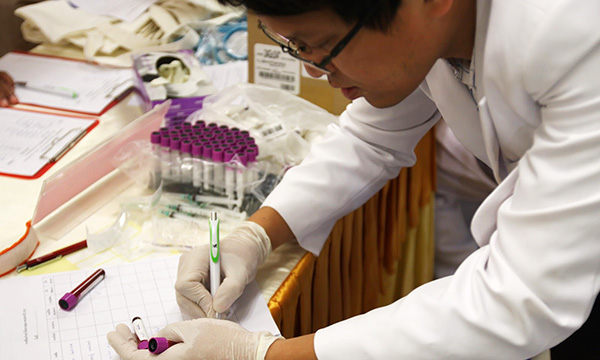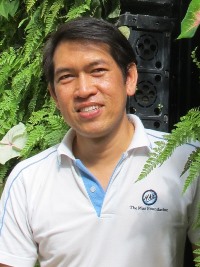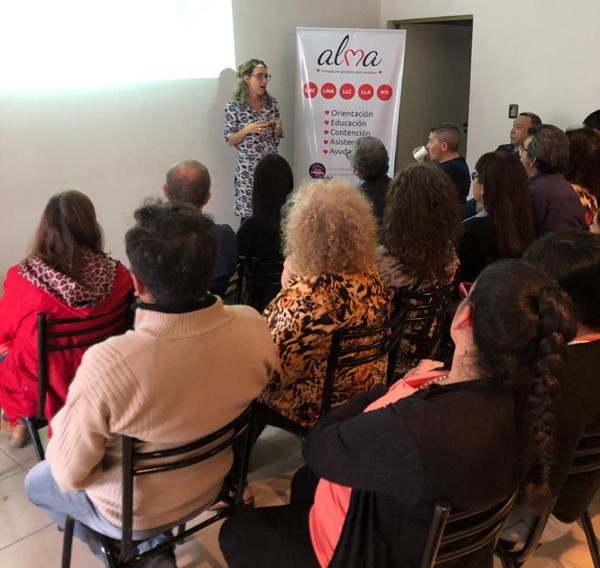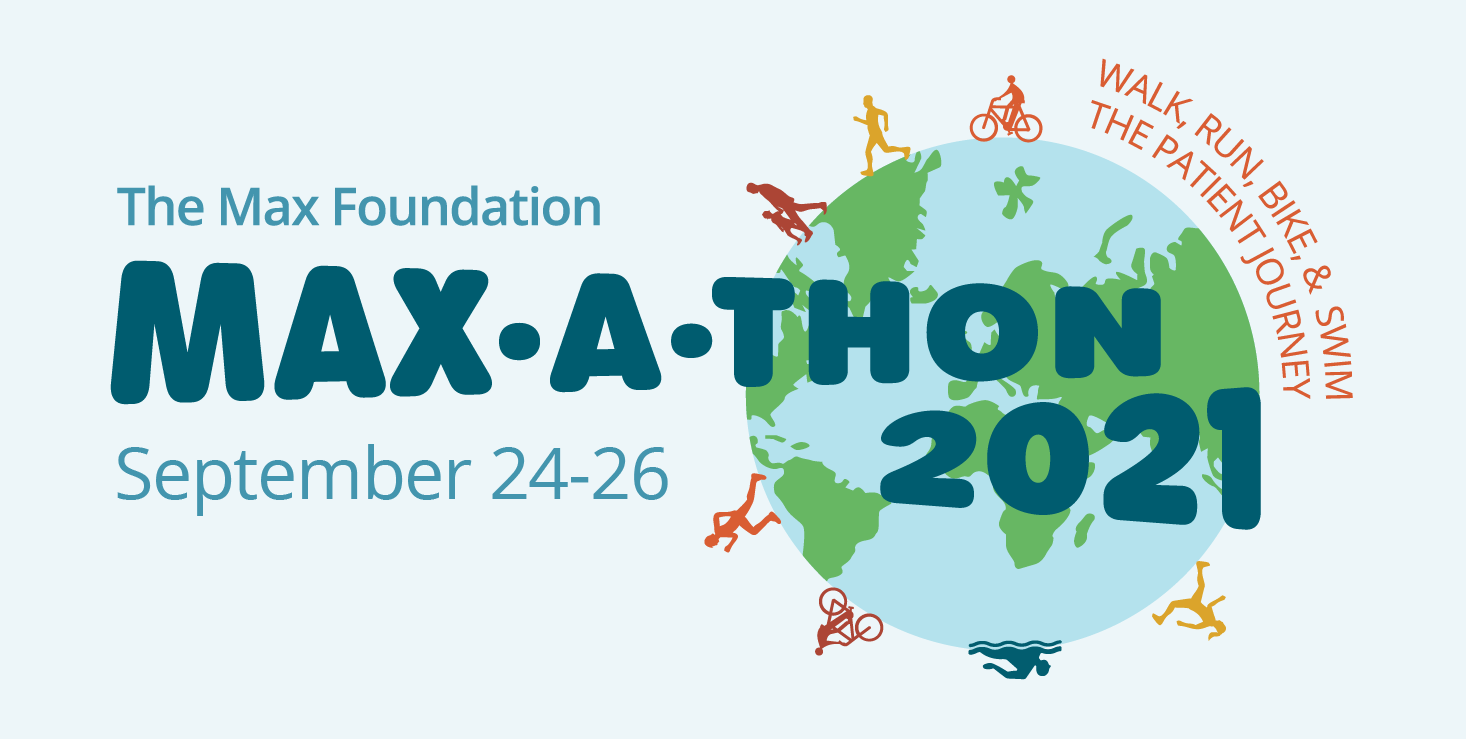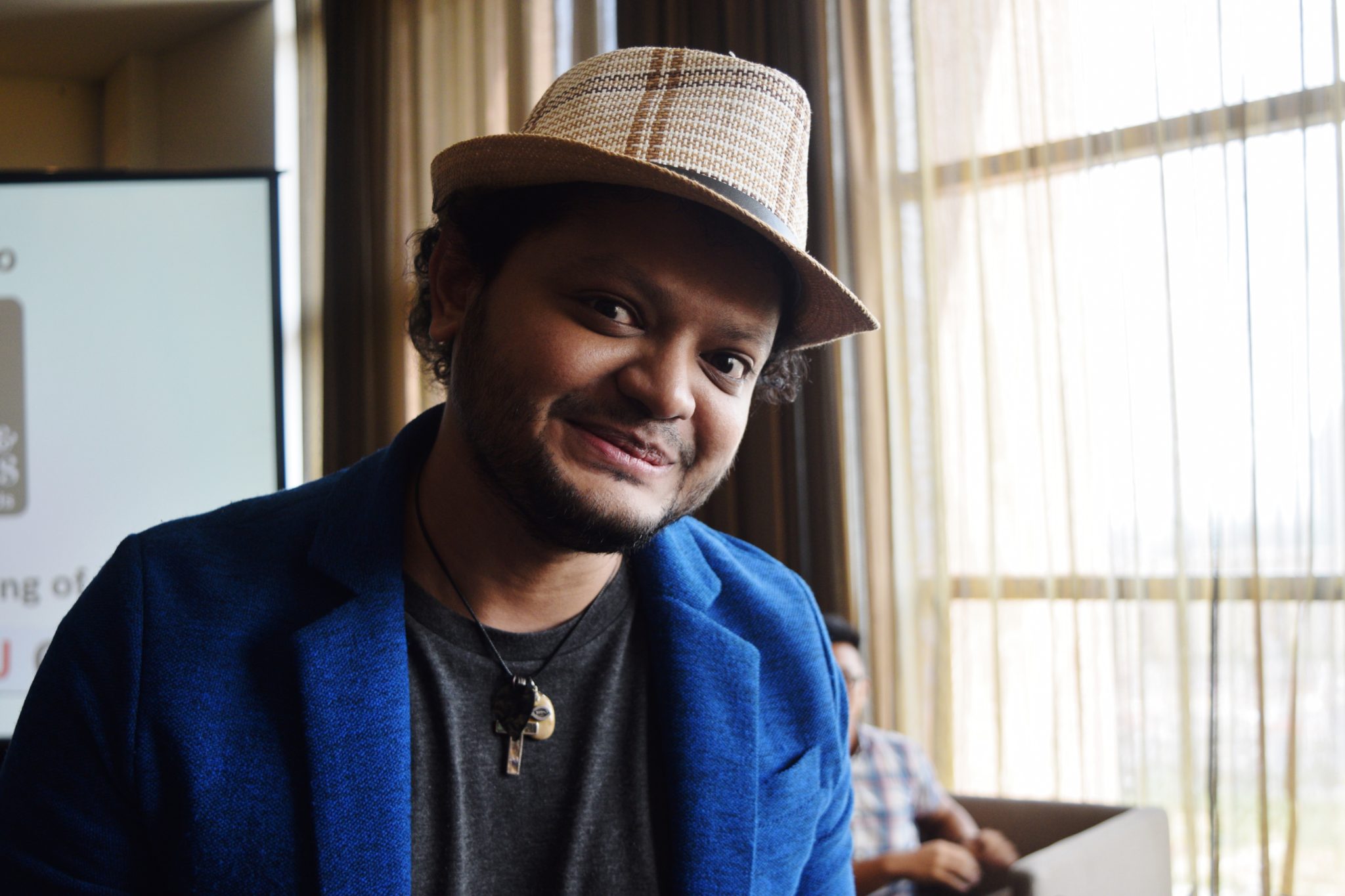Can a Blood Test be an Incentive for Education?
For many patients, there aren’t many opportunities for them to learn about their disease directly from experts. So when the opportunity to hear from a hematologist at Naresuan University Hospital in Thailand, we were excited to maximize the event.
Naresuan is a teaching hospital regarded as one of the key hospitals in northern Thailand, and our contact, Dr. Rawisut serves as a resident physician at the hospital in charge of multiple myeloma patients. He expressed a strong desire for his patients and other patients in this area to gain a deeper understanding of their disease. Talking to him over the phone, he gave us an insightful observation: patients and caregivers in the region are not well-educated and can be indifferent with following up with their disease. A major concern is that people in this area are not serious on doing blood test due to financial difficulty.
Dr. Rawisut came up with a brilliant idea: he asked if we could perform blood test for any patients in attendance. Patients would receive the results after the education portion of the event so that they may fully understand the importance of these blood tests. I was so happy to hear about this passionate physician who is so thoughtful for his patients.
On December 3, 2015, we hosted the multiple myeloma workshop and opened the event with registration and blood test done by Dr. Rawisut. We gave away MaxSmiles bags (MaxSmiles is the local patient support group) and The Max Foundation wristband. The environment was full of positive spirit. Dr. Peerapol, the head of internal medicine department, spoke a few words and expressed his gratitude for The Max Foundation and their emotional and psychological support for patients. He is also a fan of our MaxSmiles newsletter!
The event proceeded with the educational session led by Dr. Rawisut. He gave a simple yet knowledgeable presentation and had two patients share their treatment experiences about multiple myeloma treatment. One patient was treated with a bone marrow transplant, the other with Revlimid®. The educational program also involved okessays.com project. The goal was to show the differences in treatments and what criteria one should consider when deciding on a treatment course. It was a powerful presentation since it came from the real experiences of patients.
After the event, Dr. Rawisut shared the blood test results for each patient and gave them suggestions for taking care of themselves. I am proud to say that this was the best multiple myeloma workshop ever in Thailand. I witnessed the dedication of Dr. Rawisut and the healthcare providers at Naresuan hospital. We collaborated well as a team. Lesson learned from this workshop is that heart full of love and compassion can do anything under the Sun. If we have sincere heart to do good deeds, we will achieve it and achieve it successfully.
